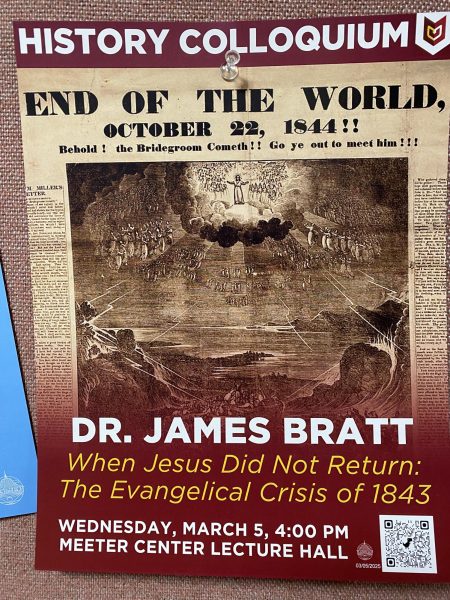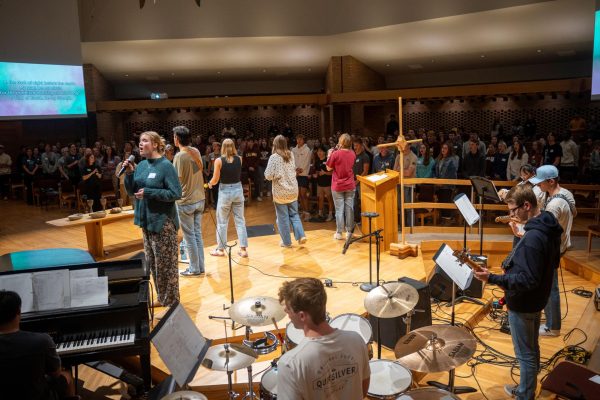Donald Trump and Pope Francis face off on faith and politics
Pope Francis involved himself in American politics last week when he called out Donald Trump on his immigration stance and questioned the authenticity of the presidential candidate’s faith. The pontiff said about Trump that “a person who thinks only about building walls, wherever they may be, and not building bridges, is not Christian.”
Trump was quick to react, calling out the pope’s criticisms as “disgraceful” and “unbelievable,” and then claiming that the Mexican government had hoodwinked the pope into criticizing him. The conversation was also political, rather than just personal exchanges, as Trump added, “I don’t think [the pope] understands the danger of the open border we have with Mexico. And I think Mexico got him to do it because Mexico wants to keep the border just the way it is, because they’re making a fortune and we’re losing.” He also made remarks in response to the pope visiting Mexico, saying that he thinks “the pope is a very political person.”
The Vatican responded on behalf of the pope arguing that the pontiff wasn’t jumping into the U.S. presidential race but that his concern for migrants is a global issue. After the Vatican’s statement, the pope released one of his own, clarifying that he was not trying to influence the upcoming presidential election. “As far as what you said about whether I would advise to vote or not to vote, I am not going to get involved in that. I say only that this man is not Christian if he said things like that. We must see if he said things in that way and in this I give the benefit of the doubt.” In response to Trump stating that the pope was a very political person, Francis responded by saying, “Thank God [Trump] said I am a political man, because Aristotle defines a human being as a political animal; at least I am a human being.” He added, “As to whether I am a pawn, well, maybe, I don’t know. I’ll leave that up to your judgment and that of the people.”
Edward Rollins, a former political adviser to President Ronald Reagan weighed in on the exchanges and said that, “Trump can take on former presidents, governors, senators, fellow candidates and the media, but I think he should just take a pass on arguing with the pope on what makes a better Christian. It’s a fight Trump can’t win — and shouldn’t try.”
Political analysts discussed how much, if at all, Trump’s remarks to the pope would hurt his numbers in the South Carolina primary. The majority concluded that it would have no effect, for likely voters, including many evangelicals, are fully aware of Trump’s history of harsh language and profanity, as well as some of his controversial statements involving religion.
Scott H. Huffmon, a professor of political science at Winthrop University in South Carolina added, “[…] the kind of people who like the pope for some of his social views aren’t likely to be Trump voters anyway.” Huffmon’s view was also reinforced by a New York Times/CBS News poll in September that found only 29 percent of Republicans had a favorable opinion of Pope Francis, and coupled with the fact that in the 2012 primary only 13 percent of Republican voters were Roman Catholic.
“I don’t know if it will influence many Republicans who like the pope or don’t like the pope, but what influences them is that they want a sealed border,” said Trump, who added that he was not worried about losing Catholic votes. He also claimed that he was only defending himself against the pontiff’s remarks rather than picking a fight. He believed his remarks would resonate with Christians not because of any hostility toward the pope, but because these voters would see him as standing up for Americans — even against the Vatican — when border security is at stake.






